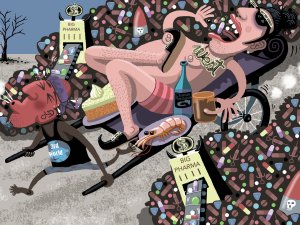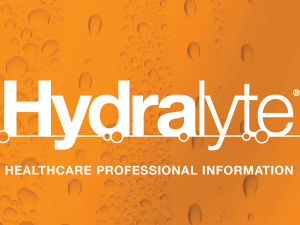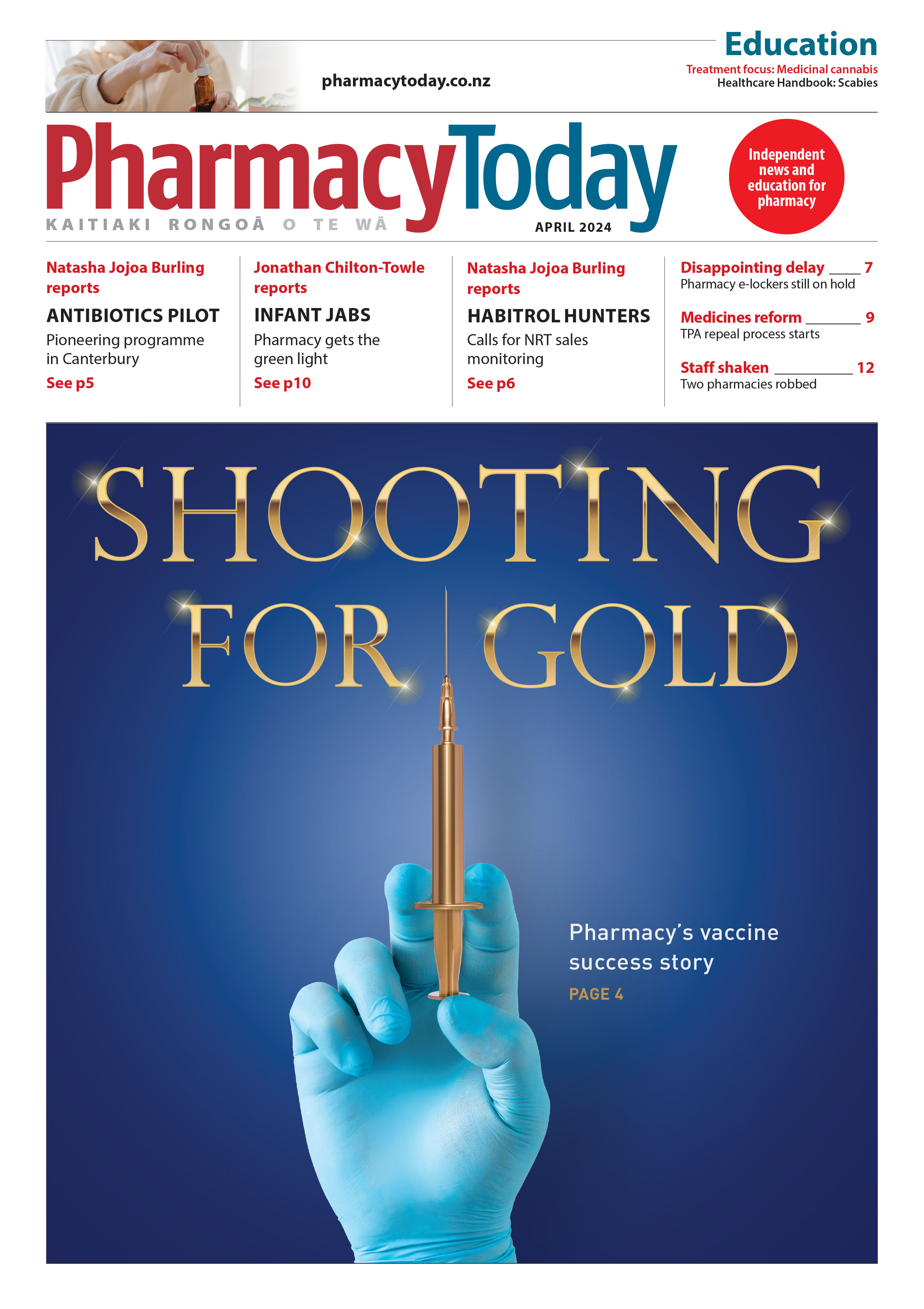In this article, Sue Frankland looks at the global problem of wastage of medications, including causes such as overprescribing and non-adherence. She also presents information from her master’s dissertation on how people understand, and respond to, medication expiration dates
‘Choosing Wisely’ reduces unnecessary tests and antibiotic use, study finds
‘Choosing Wisely’ reduces unnecessary tests and antibiotic use, study finds

A Hutt Valley DHB campaign to cut the number of urine tests being carried out on hospital patients not only significantly reduced the number of unnecessary tests being ordered but also lowered the level of antibiotic prescribing, a study published in the New Zealand Medical Journal has found.
Researchers from the University of Otago, Wellington and Hutt Valley DHB analysed a programme in which staff at Hutt Hospital were educated on the different treatment guidelines for patients with urinary tract infections (UTIs) and those with measurable bacteria in a urine sample, but no symptoms.
One of the authors, Dr Lynn McBain from the University of Otago, Wellington, says the distinction between the two conditions is important, as antibiotics are recommended for treating urinary tract infections to avoid serious complications.
Antibiotics are not recommended, however, for patients with asymptomatic bacteriuria (ASB) who have bacteria in their urine, but no symptoms. Dr McBain says giving antibiotics to patients with ASB has no benefit, and can lead to harm, including an increase in urinary infections, adverse drug reactions and a higher level of antibiotic resistance.
The Hutt Valley District Health Board’s Antimicrobial Stewardship Team began a programme to reduce inappropriate urine testing of inpatients in 2016, removing urine dipsticks from some hospital wards and beginning an education campaign for nurses and junior doctors. The programme used guidelines from the international initiative, Choosing Wisely, which aims to curtail unnecessary medical tests and treatments.
The researchers found average monthly urine test requests for inpatients fell 28 per cent from 432 before the programme began in September 2016 to 312 after this date. The reduction brought estimated annual savings of $41,760 for the district health board.
“The removal of urine dipsticks from wards and the education of staff significantly reduced the number of urine culture requests and is a useful strategy to reduce the overuse of antibiotics, without increasing the incidence of urinary tract infections,” Dr McBain says.
“This is likely to reduce harm to patients, as some of those who are misdiagnosed with UTI and treated unnecessarily with antibiotics will go on to experience complications from this treatment.
“In addition, there is a broader population benefit in terms of combating antimicrobial resistance through reducing inappropriate use of antibiotics, as well as more efficient use of New Zealand’s public health resources by reducing wasteful testing and treatment.”
Dr McBain says the programme could easily be implemented in other hospitals around the country based on the Choosing Wisely guidelines.





